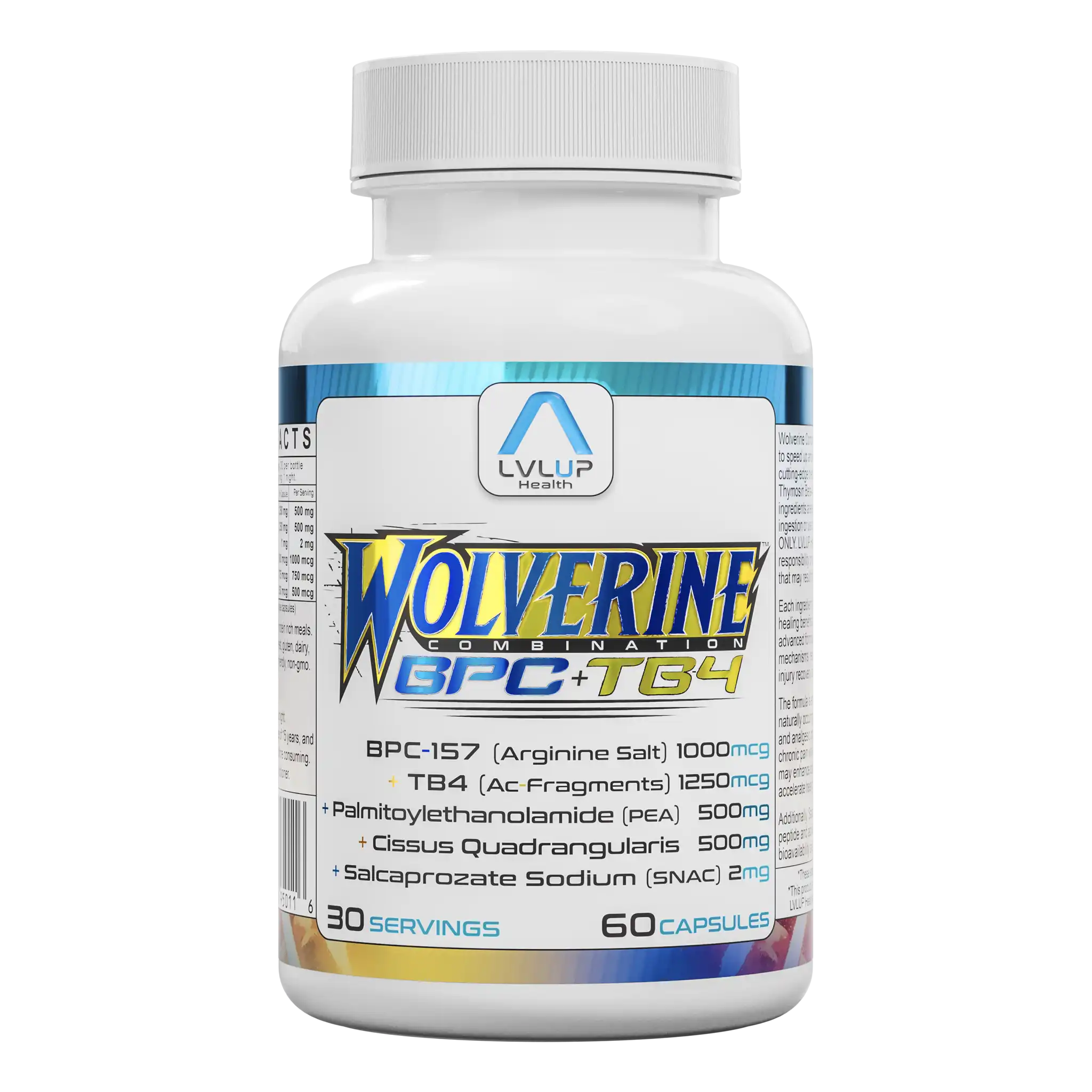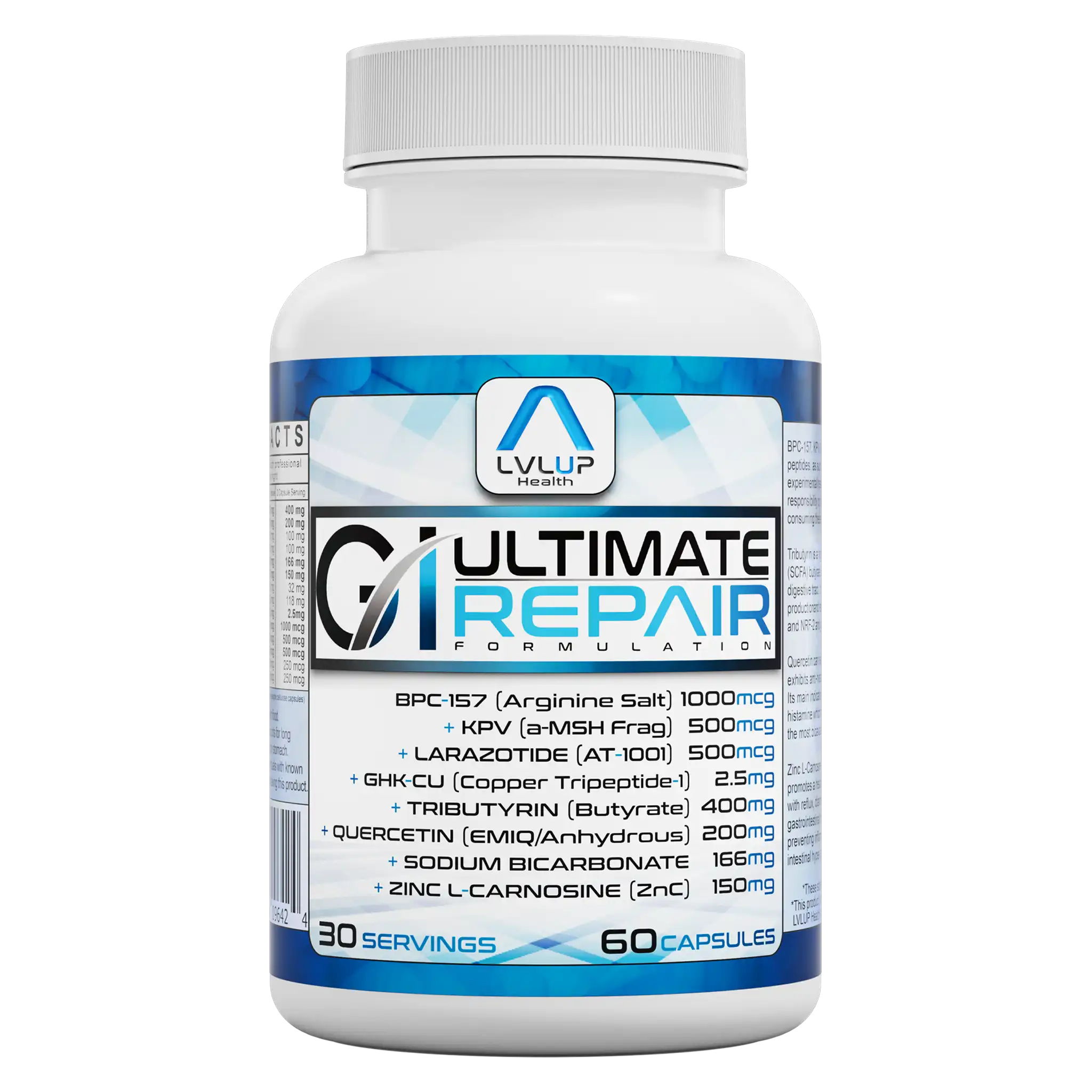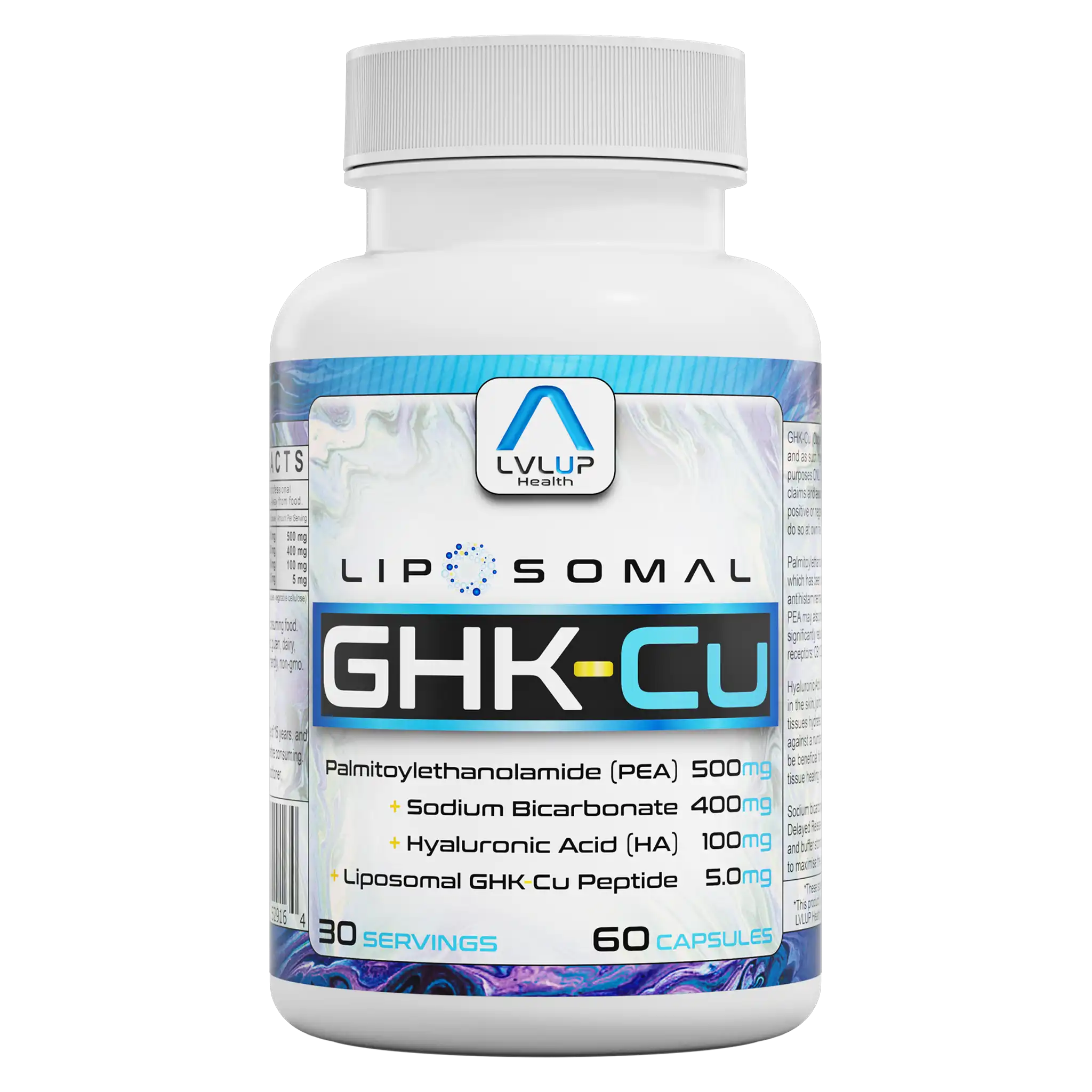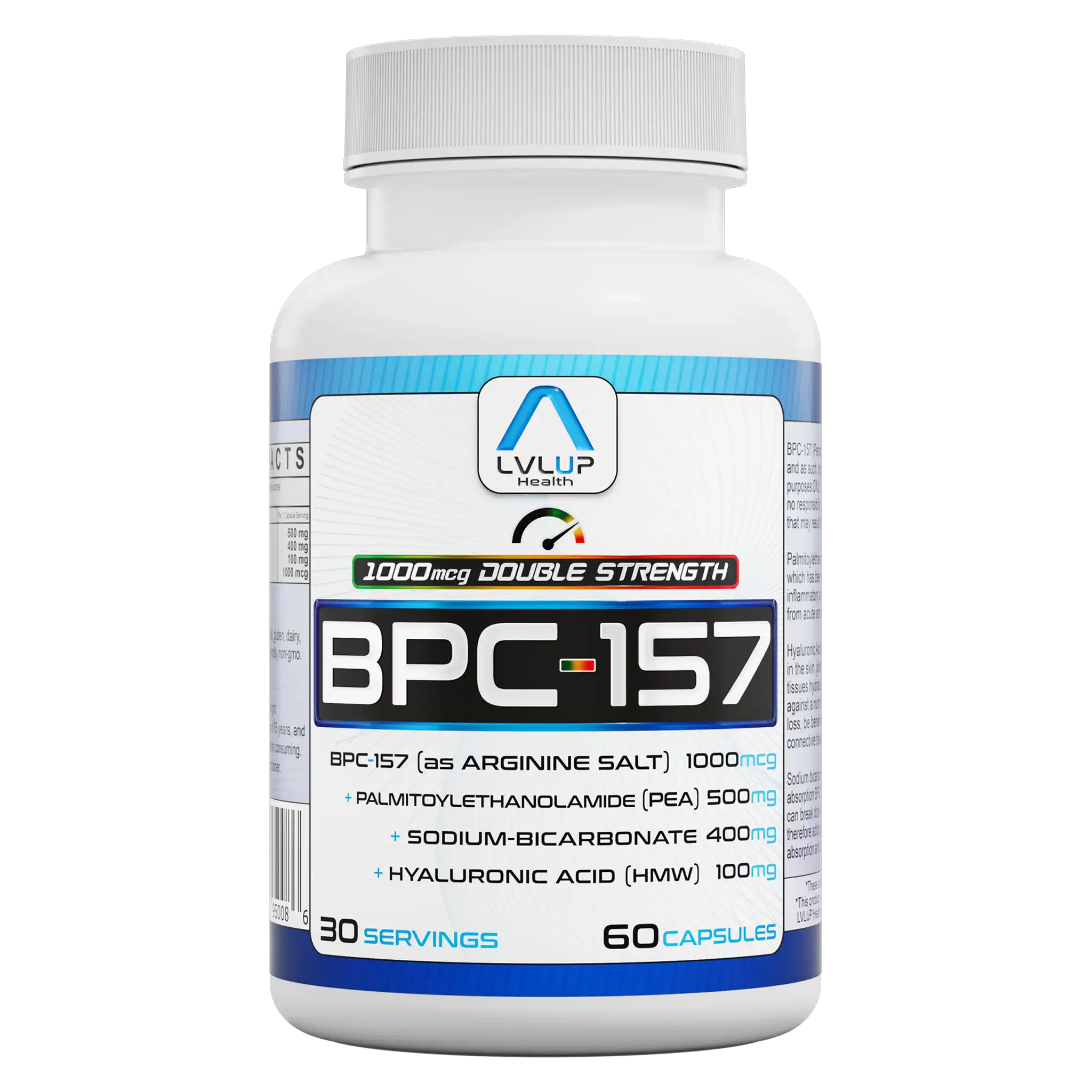NR
About NR
Understanding Nicotinamide Riboside Chloride
Nicotinamide Riboside Chloride, often referred to as NR, is a form of vitamin B3 that’s gained traction among biohackers, researchers, and health enthusiasts. Essentially, NR serves as a precursor to NAD+ (nicotinamide adenine dinucleotide), a crucial player in your cellular energy cycles. As people age, or during periods of mental or physical stress, NAD+ levels can decline, leading to potential cellular strain.
Applications in Supplements
Incorporating NR into supplement formulas can provide cells with the resources they need for resilience. You’ll find NR in products aimed at balancing the gut, sharpening cognitive function, or supporting liver health under stress. It’s frequently paired with antioxidants and other B vitamins to support energy metabolism, aid recovery from daily wear and tear, and help cells recover after stress.
Why People Choose NR
Some seek NR to address aging concerns, while others use it for stamina or post-workout recovery. Its main function is to boost NAD+, which is vital for processes like DNA repair and cellular defense. As research delves deeper into the relationship between NAD+ and health, interest in NR is on the rise.
Who Might Benefit
NR fits well in supplement regimens for adults seeking cellular support to enhance daily energy or maintain health during aging. It’s popular among athletes for faster recovery and those focused on metabolic health. It pairs well with ingredients that optimize mitochondrial function, antioxidant stability, or liver protection.
NR in the Biohacking Landscape
Within the realms of biohacking and longevity, NR stands alongside other NAD+ precursors like nicotinamide mononucleotide (NMN), but it has unique characteristics for specific formulas targeting neurological health or overall system resilience.
Detailed Information
Mechanism of Action
Nicotinamide Riboside Chloride (NR) serves as a pyridine-nucleoside precursor to nicotinamide adenine dinucleotide (NAD+) via the NRK1/NRK2 pathway. After entering the cell, NR is phosphorylated by nicotinamide riboside kinases (NRKs), then converted to NAD+ through adenylyltransferase-mediated reactions. NR shows higher oral bioavailability compared to other NAD+ precursors like nicotinic acid and nicotinamide mononucleotide (NMN), with rapid integration into systemic NAD+ pools in preclinical studies.
Pharmacokinetics and Benefits
Pharmacokinetic studies demonstrate that oral NR supplementation results in dose-dependent increases in NAD+ levels in various tissues, including skeletal muscle, brain, and liver. Elevated NAD+ from NR intake may enhance sirtuin deacetylase activity (notably SIRT1-3), support DNA repair through PARPs (poly-ADP-ribose polymerases), promote mitochondrial biogenesis via PGC-1α activation, and modulate inflammatory pathways involving NF-κB.
Research and Clinical Trials
In models of metabolic dysfunction or aging, chronic NR administration correlates with improved oxidative phosphorylation and restoration of mitochondrial integrity. Ongoing clinical trials seek to determine optimal dosing, long-term safety, and specific roles in neuroprotection, liver regeneration, circadian rhythm regulation, and metabolic control.




